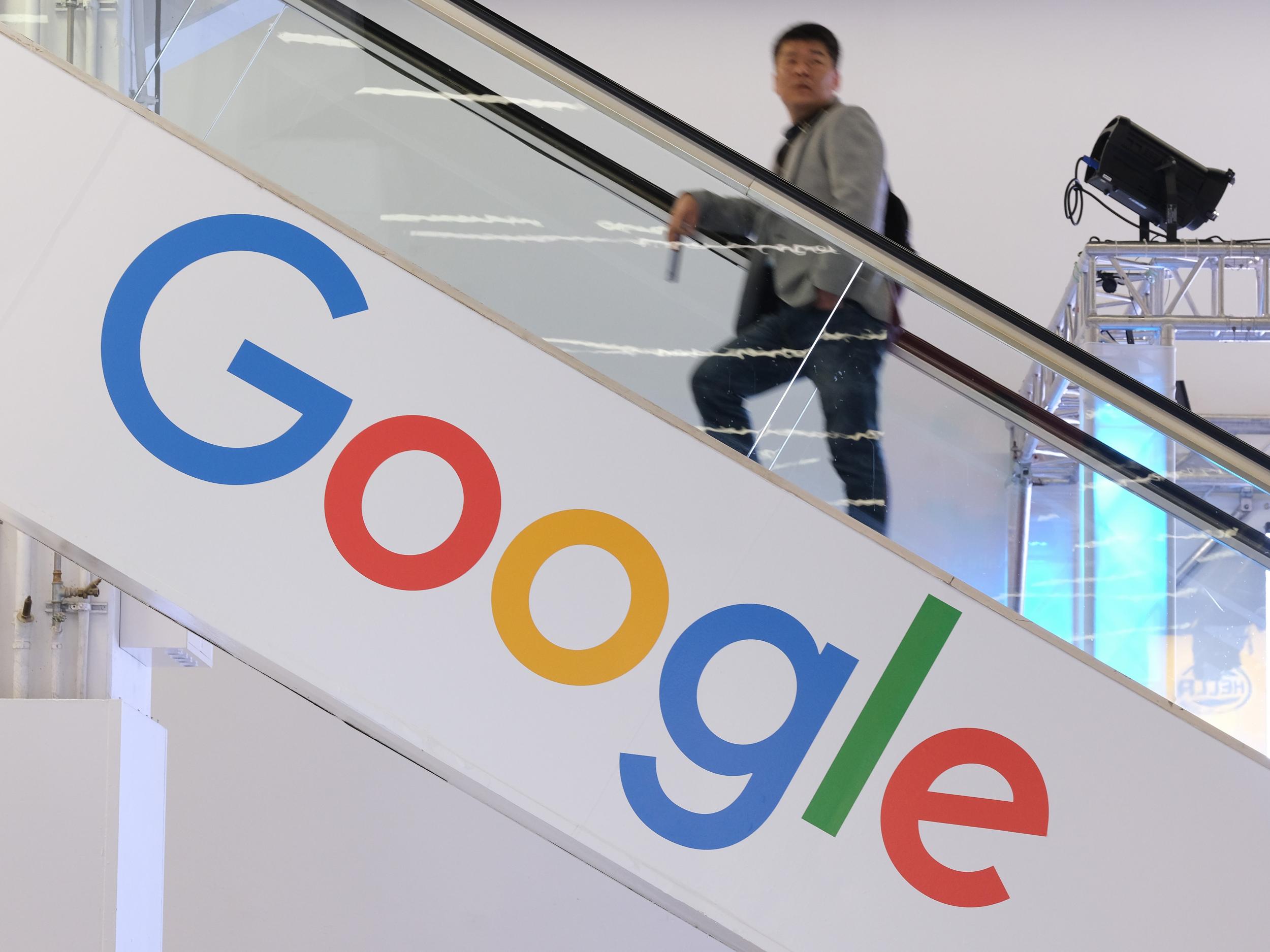Google bans political ads in Singapore ahead of election under new 'fake news law'
Tech giant also removed more than 300 video ads funded by Donald Trump's campaign money

Google has stopped political ads in Singapore following the recent introduction of a controversial "fake news" law, according to newly uncovered documents.
The move comes just months before a widely expected election in the country and applies to "all advertisement or paid content that can reasonably be regarded as being directed towards a political end".
The ban was outlined in email correspondence between the Singapore Democratic Party and a senior Google public policy official. The conversation was shared with the media by a small political party angered by a decision it says will reduce its reach among voters.
In the emails the tech firm said it "will not accept advertising regulated by the Code of Practice for Transparency of Online Political Advertisements".
A Google spokesperson told Reuters the email exchange was authentic but declined to comment further. The company is yet to respond to a request for comment from The Independent.
The new code of practice, part of the so-called fake news law introduced in October, requires advertising intermediaries to maintain detailed records of political adverts and their sponsors and make those records available to authorities.
In the correspondence shared with media in a statement by SDP, Google's Vice President, Government Affairs and Public Policy, APAC, Ted Osius, said: "This was not an easy decision to make as Google is committed to delivering useful and relevant election-related information to users around the world."
Singapore, which has been ruled by the People's Action Party since independence in 1965, has repeatedly said it is vulnerable to foreign interference in its domestic affairs.
The city-state is gearing up for an election expected to take place within months.
SDP said the "shocking policy" would deprive voters of information ahead of that ballot.
"In an election with the media totally dominated by the state, alternative parties would have no ability to educate and inform the voters of Singapore in the run up to the elections if we are not able to use Google's advertising platforms in the first place," Paul Tambyah, chairman of SDP, said in the correspondence.
The office administrating Singapore's new fake news law, called the Protection from Online Falsehoods and Manipulation Act (Pofma), did not immediately respond to a request for comment.
Unlike Google, social media giant Facebook is still accepting political advertisements in Singapore after implementing new rules under the 'fake news' laws in September.
Facebook on Saturday attached a correction notice to a user's post in the first such instance under the new law. Pofma allows the government to order social media sites to remove content if they are deemed to be "against the public interest", however some claim it amounts to online censorship.
Rights groups have raised concerns the fake news law could be used to stifle free speech and chill dissent in Singapore, charges government officials have denied.
Google banned political advertising on its platform before Canada's federal election earlier this year, after the country introduced stringent transparency rules.
Google also said last month it would stop giving advertisers data such as public voter records and general political affiliations to target their ads. The move coincides with pressure on social media platforms over their handling of political ads ahead of the US presidential election in 2020.
A report on Sunday by 60 Minutes on CBS found that Google and YouTube removed more than 300 video ads funded by US President Donald Trump's campaign money.
Google did not say why it removed the ads but its updated political ad policy prohibits ads that make false claims, regardless of whether they are political or not.
Additional reporting from agencies
Join our commenting forum
Join thought-provoking conversations, follow other Independent readers and see their replies
Comments
Bookmark popover
Removed from bookmarks